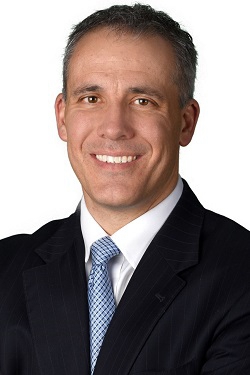How Does a Twin Falls Podiatrist Treat Foot Wounds
A podiatrist specializes in the diagnosis, treatment, and management of various foot and ankle problems, including foot wounds. When it comes to foot wounds, a podiatrist plays a crucial role in assessing, treating, and helping patients heal. Here's how a podiatrist treats foot wounds. 
1. Evaluation and Diagnosis
Podiatrists begin by thoroughly examining the wound, its location, size, depth, and any associated symptoms. They may also assess the patient's medical history and overall health to identify underlying conditions that could affect wound healing.
2. Cleaning and Debridement
If the wound is dirty or contains foreign objects or dead tissue, a wound care podiatrist will clean it and remove any debris through a process called debridement. This helps create a clean and conducive environment for healing.
3. Infection Management
If there are signs of infection of the foot wound, such as redness, swelling, warmth, or pus, a podiatrist will prescribe antibiotics or other treatments to control the infection.
4. Wound Dressings
Podiatrists will apply appropriate wound dressings to protect the wound and promote healing. This may involve using sterile gauze, specialized wound dressings, or even negative pressure wound therapy in more severe cases.
5. Offloading Pressure
In cases where pressure or friction contributed to the wound's development (e.g., diabetic foot ulcers), a wound care specialist will recommend offloading techniques. This can involve the use of orthotic devices, braces, or special footwear to reduce pressure on the affected area.
6. Education and Prevention
Podiatrists educate patients on proper wound care and provide guidance on how to prevent foot amputation. This may include advice on foot hygiene, proper footwear selection, and lifestyle modifications.
7. Monitoring and Follow-up
Podiatrists closely monitor the wound's progress during follow-up appointments. They may adjust the treatment plan as needed based on the healing response.
8. Surgical Intervention
In cases of severe or non-healing wounds, surgical procedures may be necessary. Podiatrists can perform procedures such as wound debridement, tissue grafts, or even amputation if it's the only option to save the patient's life or limb.
9. Collaborating with Other Healthcare Providers
Podiatrists often work as part of a multidisciplinary team, collaborating with other healthcare professionals like vascular surgeons, infectious disease specialists, and physical therapists to ensure comprehensive care for patients with foot wounds.

